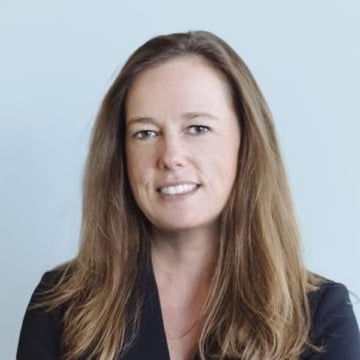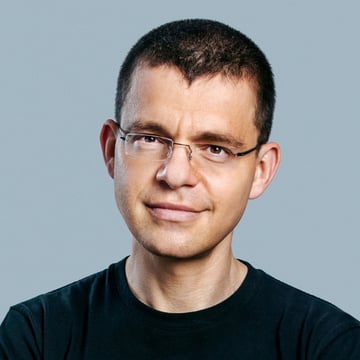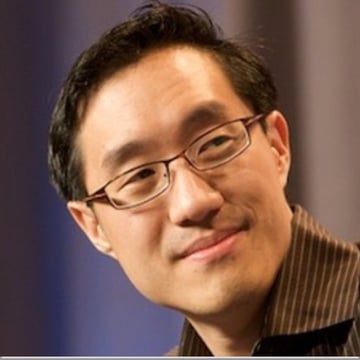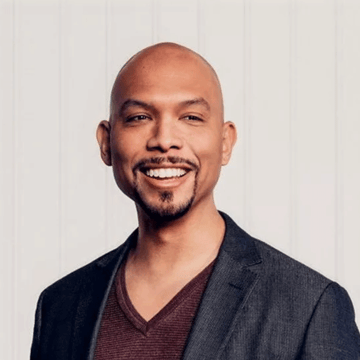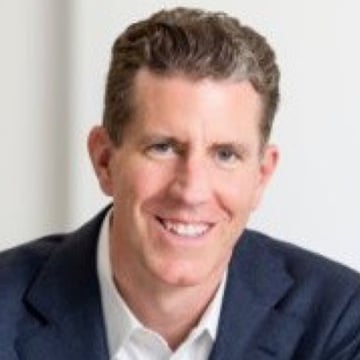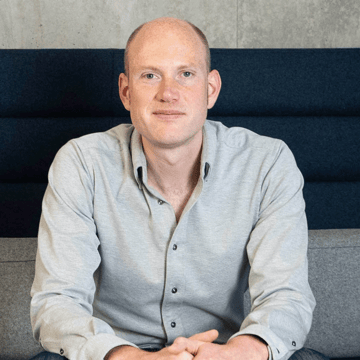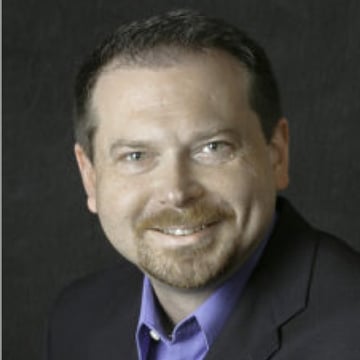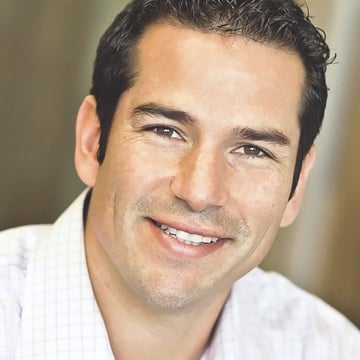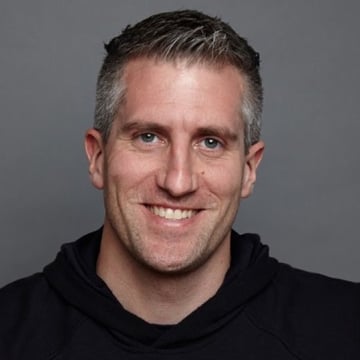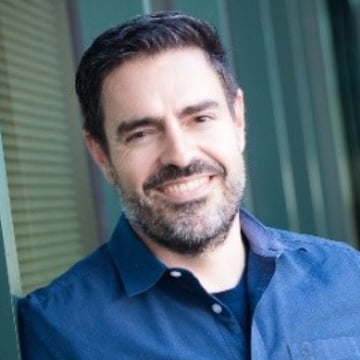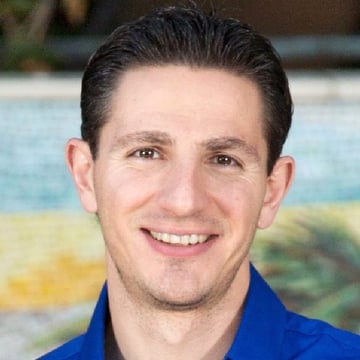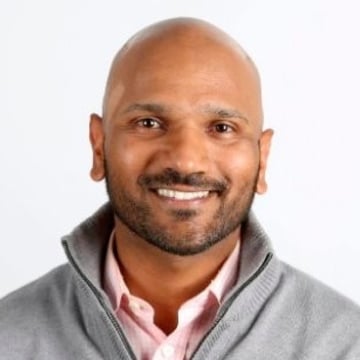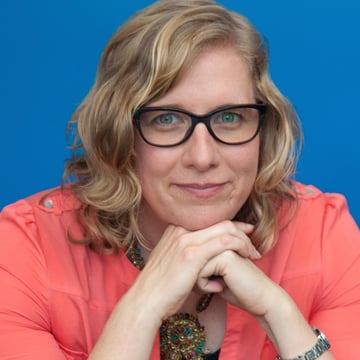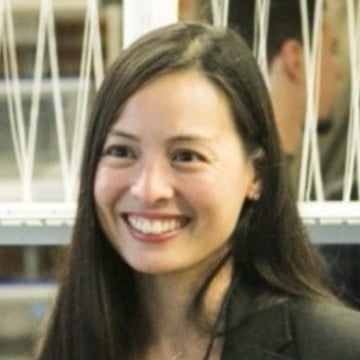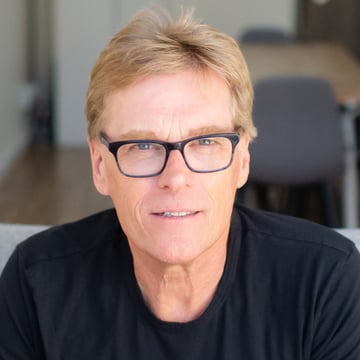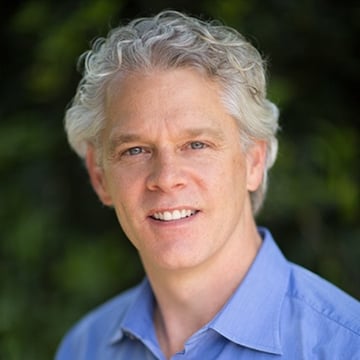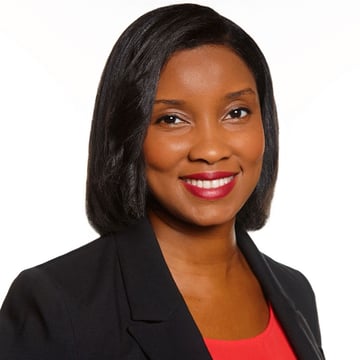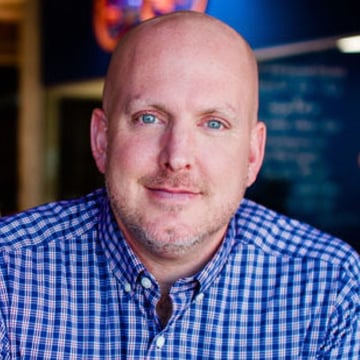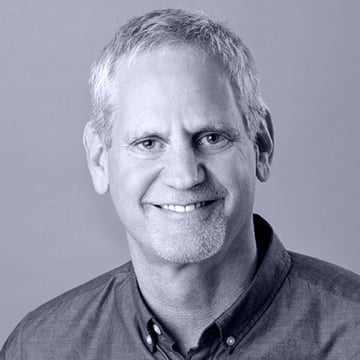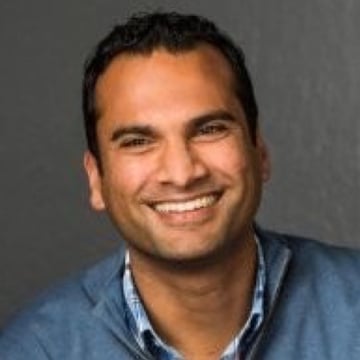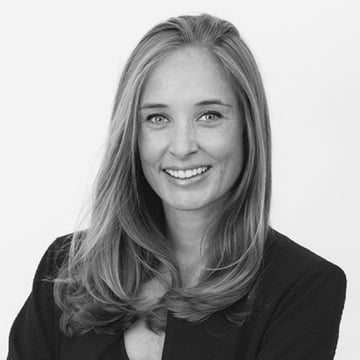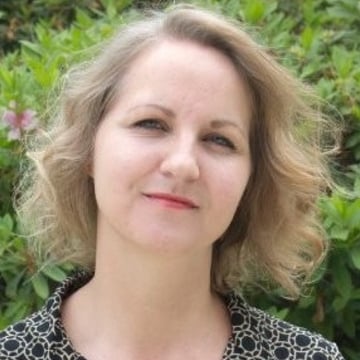
SUMMIT
SFELC SUMMIT 2019
Speakers
Alyssa Henry
EVP & GM, Seller Business Unit; EVP Infrastructure & InfoSec @ Square
Chanda Dharap
VP of Engineering @ Gigster
Jonathan Raymond
Author @ Good Authority
James Everingham
VP of Engineering @ Meta
Max Levchin
Founder and CEO @ Affirm
Ben Jun
CEO @ HVF Labs
Naveen Gavini
SVP, Products @ Pinterest
Nick Caldwell
VP of Engineering @ Twitter
Christian McCarrick
VP of Engineering @ Auth0
Will Larson
Chief Technology Officer @ Calm
Surabhi Gupta
Head of Engineering @ Robinhood
Bill Sanders
Principal & Senior Consultant @ Roebling Strauss, Inc.
Aditya Agarwal
Partner-in-Residence @ South Park Commons
Daniel Portillo
Managing Partner & Founder @ Sweat Equity Ventures
Jean-Denis Greze
Head of Engineering @ Plaid
Xavier Amatriain
Cofounder/CTO @ Curai
Paw Andersen
CTO @ Metromile
Jerry Krikheli
VP of Engineering @ Houzz
Prakash Raman
Executive Coach @ Raman Consulting
Fred Kofman
Advisor, Leadership Development @ Google
Sarah Clatterbuck
Sr. Director of Engineering, YouTube @ Google
Lily Chang
VP, Strategic Transformation Office @ VMware
Joanne Pons
VP of Engineering @ My Vest
Maria Latushkin
CTO @ Omada Health
Edward Kim
Co-founder & CTO @ Gusto
Julia Grace
VP, Product Engineering @ Netflix
Scott Shumaker
CTO and Head of Engineering, Yammer @ Microsoft
Joe Dunn
Executive Coach @ Ex VP of Engineering
Keith Adams
Chief Architect @ Slack
Claire Lew
CEO @ Know Your Team
Kevin Eyres
Exec Coach in Conscious Leadership
Annie Cheng
VP of Engineering @ Waymo
Tia Caldwell
Former Director of Engineering @ Slack
Erica Lockheimer
VP of Engineering, Talent Solutions, Learning, and Glint @ LinkedIn
Heather Rivers
CTO @ Mode Analytics
Anantha Kancherla
VP Engineering, Software @ Level 5, Autonomous Vehicle Program @ Lyft
Sam Wholley
Partner @ Lightspeed Venture Partners
Evan Kaplan
CEO @ InfluxData
Karthik Rau
Founder and CEO @ SignalFx
Holly Rose Faith
Executive Talent Partner @ Greylock Partners
Bret Reckard
Talent Partner @ Sequoia Capital
Ron Lichty
Author of Managing the Unmanagable
Reid Hoffman
Partner @ Greylock Partners
Sarah Guo
General Partner @ Greylock Partners
Ingrid Abild-Pedersen
Certified Professional Coach @ Abild-Pedersen Coaching
Agenda
Track View
From4:30 PM
To5:20 PM
GMT
Tags:
Speaking session
Registration & Breakfast
From5:20 PM
To5:30 PM
GMT
Tags:
Speaking session
Opening Remarks (SFELC Intro)
From5:30 PM
To6:00 PM
GMT
Tags:
Speaking session
Keynote - Managing Creative Teams
+ Read More
Speakers: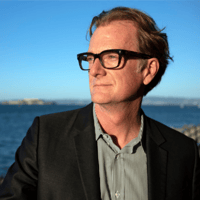
From6:00 PM
To6:25 PM
GMT
Tags:
Speaking session
Fireside Chat With Alyssa Henry
Speakers: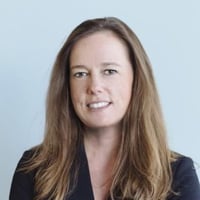



From6:25 PM
To6:50 PM
GMT
Tags:
Speaking session
Keynote - From Awkward To Agonizing - Mastering Difficult Conversations
+ Read More
Speakers:

From6:50 PM
To7:05 PM
GMT
Tags:
Break
Coffee Break
From7:05 PM
To7:30 PM
GMT
Tags:
Speaking session
How To Tackle (Organizational) Debt
+ Read More
Speakers: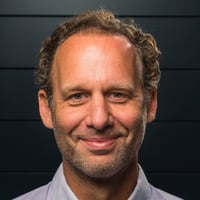
From7:30 PM
To8:00 PM
GMT
Tags:
Speaking session
Fireside Chat
Speakers:



From8:00 PM
To9:00 PM
GMT
Tags:
Meal
Lunch Break
From9:00 PM
To9:20 PM
GMT
Tags:
Speaking session
Career Transitions And Transformations
+ Read More
Speakers:



From9:00 PM
To9:20 PM
GMT
Tags:
Speaking session
Leading An Infrastructure Engineering Team
+ Read More
Speakers:

From9:00 PM
To11:00 PM
GMT
Tags:
Workshop
Communication Training
+ Read More
From9:00 PM
To1:00 AM+1
GMT
Tags:
Tent
Dealing With Self-doubts
+ Read More
Speakers:

From9:00 PM
To1:00 AM+1
GMT
Tags:
Tent
Difficult Conversations
+ Read More
Speakers: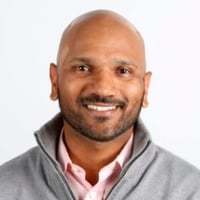

From9:00 PM
To1:00 AM+1
GMT
Tags:
Tent
Lead Without Being An Expert
+ Read More
Speakers:

From9:00 PM
To1:00 AM+1
GMT
Tags:
Tent
Leading With Emotional Intelligence
+ Read More
Speakers:

From9:25 PM
To9:45 PM
GMT
Tags:
Speaking session
Disagree And Commit
+ Read More
Speakers:

From9:25 PM
To9:45 PM
GMT
Tags:
Speaking session
Engineering Your (Engineers’) Career(s): Balancing Impact With Personal Growth
+ Read More
Speakers: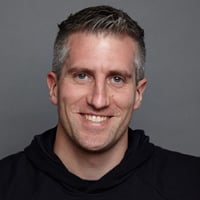

From9:50 PM
To10:10 PM
GMT
Tags:
Speaking session
How To Successfully Design Organizational Processes
+ Read More
Speakers: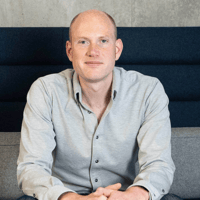

From9:50 PM
To10:10 PM
GMT
Tags:
Speaking session
Scaling An Engineering Team Through Hyper-Growth
+ Read More
Speakers:

From10:15 PM
To10:45 PM
GMT
Tags:
Speaking session
Defining Moments In Engineering Leadership
+ Read More
Speakers:
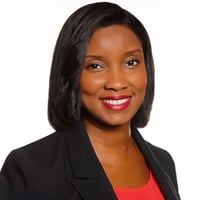






From10:15 PM
To10:45 PM
GMT
Tags:
Speaking session
What Makes A Great VPE?
+ Read More
Speakers: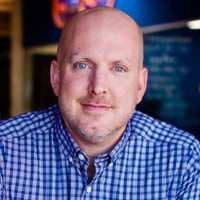









From10:45 PM
To11:00 PM
GMT
Tags:
Break
Coffee Break
From10:45 PM
To11:00 PM
GMT
Tags:
Break
Coffee Break
From11:00 PM
To11:20 PM
GMT
Tags:
Speaking session
Influence Without Authority
+ Read More
Speakers:



From11:00 PM
To11:20 PM
GMT
Tags:
Speaking session
Managing Up: Working With Non-Technical Executives
+ Read More
Speakers:



From11:25 PM
To11:45 PM
GMT
Tags:
Speaking session
Building Distributed Teams
+ Read More
Speakers:

From11:25 PM
To11:45 PM
GMT
Tags:
Speaking session
From One To Zero: Going Smaller As A Growth Strategy
+ Read More
Speakers:

From11:50 PM
To12:10 AM+1
GMT
Tags:
Speaking session
Managing Managers And Beyond
+ Read More
Speakers:

From11:50 PM
To12:10 AM+1
GMT
Tags:
Speaking session
Transitioning From Engineering Leadership To Product Leadership
+ Read More
Speakers: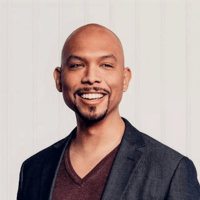
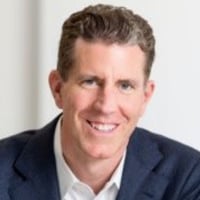


From12:15 AM +1
To12:35 AM+1
GMT
Tags:
Speaking session
Going From 0 To 60 - Building Lyft’s Self-Driving Car Team
+ Read More
Speakers: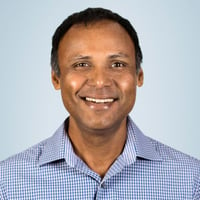

From12:15 AM +1
To12:35 AM+1
GMT
Tags:
Speaking session
Managing In An Agile World
+ Read More
Speakers:

From12:40 AM +1
To1:00 AM+1
GMT
Tags:
Speaking session
Scaling Technological Influence At Slack
+ Read More
Speakers:

From12:40 AM +1
To1:00 AM+1
GMT
Tags:
Speaking session
The Accidental Bad Manager
+ Read More
Speakers:

From1:00 AM +1
To2:00 AM+1
GMT
Tags:
Meal
Cocktail & Dinner
From2:00 AM +1
To2:45 AM+1
GMT
Tags:
Keynote - The Meaning Revolution In Leadership
+ Read More
Speakers:

From2:45 AM +1
To3:15 AM+1
GMT
Tags:
Speaking session
The Role Of Engineering Leaders In Recruiting
+ Read More
Speakers:
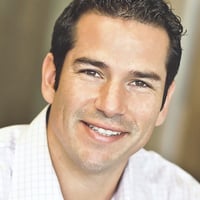


From3:15 AM +1
To4:00 AM+1
GMT
Tags:
Speaking session
Blitzscaling: The Lightning-Fast Path To Building Massively Valuable Companies
Speakers:



From4:00 AM +1
To4:30 AM+1
GMT
Tags:
Speaking session
Inspiring Engineering Leadership Award Ceremony And Closing Remarks
Sponsors
Diamond
Gold
Silver
Event has finished
January 24, 4:30 PM GMT
Location
Westfield Center, 845 Market St, Bespoke, San Francisco, CA, USA
Event has finished
January 24, 4:30 PM GMT
Location
Westfield Center, 845 Market St, Bespoke, San Francisco, CA, USA

